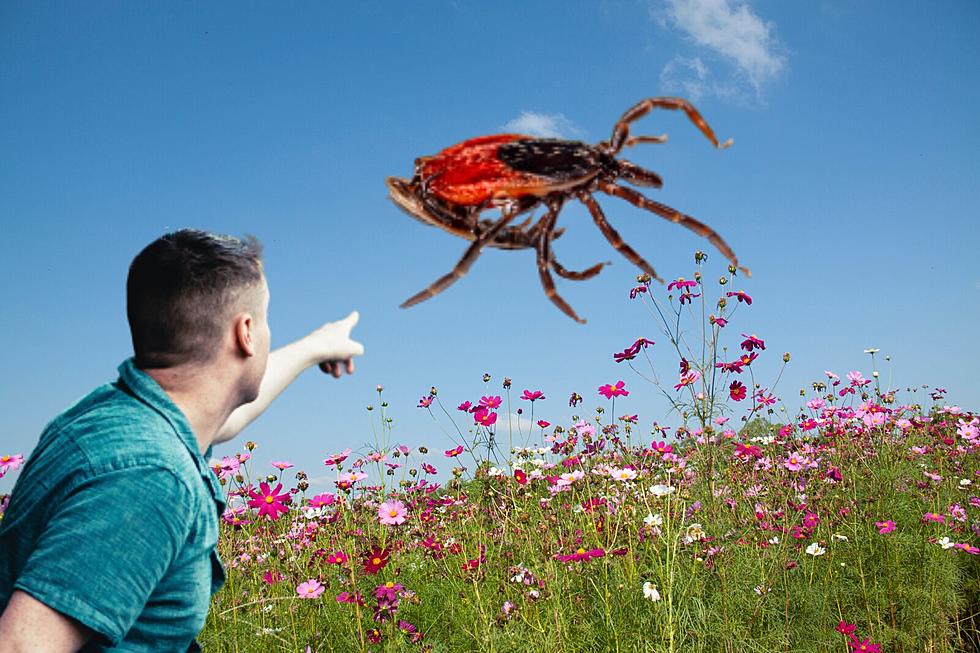
Maine’s Japanese Barberry Provides Home For Pesky Ticks
If there's one thing that most Mainer's can't stand that that is a tick. They can get into your garden, on your animals and eventually find their way into your home.
The Bangor Daily News reports that new scientific evidence is showing that the Japanese Barberry bush, with its thorny shrubs and is native in Maine, actually creates a micro-climate for ticks.
According to Susan Elias, a research associate at the Lyme and Vector-borne Disease Laboratory at the Maine Medical Center Research Institute was quoted as saying that people who have the Japanese Barberry as a part of their landscape have created the "perfect storm" for ticks.
History of the Japanese Barberry
According to the New England Wildflower Society, the Japanese Barberry bush was first brought to North America in the 19th Century by landowners who wished to use it for hedgerows and other plantings.
Because its berries are a big attraction to birds, turkeys, and other fowl the pollination, or spreading of digested leftovers were spread around the Pine Tree State thus allowing for their proliferation.
It's been said that they grow as far north as Nova Scotia, so this is not just a potential problem in Maine.
The Problem/ Solution
Expert horticulturists and amateur homesteaders will admit that the Japanese Barberry bush is not something easily eliminated from their yard.
Whole shrubs can be eliminated with a garden hoe or a weed wrench. But be sure to wear thick gloves or the spines from the bush can find their way into your skin.
Because the bush can resprout from their roots, it's important to try and eliminate all of the roots out of the ground as well.
Now that we know there is a cozy relationship between the Japanese Barberry and ticks, one may choose another option when designing their custom landscape in their yard.
More From









